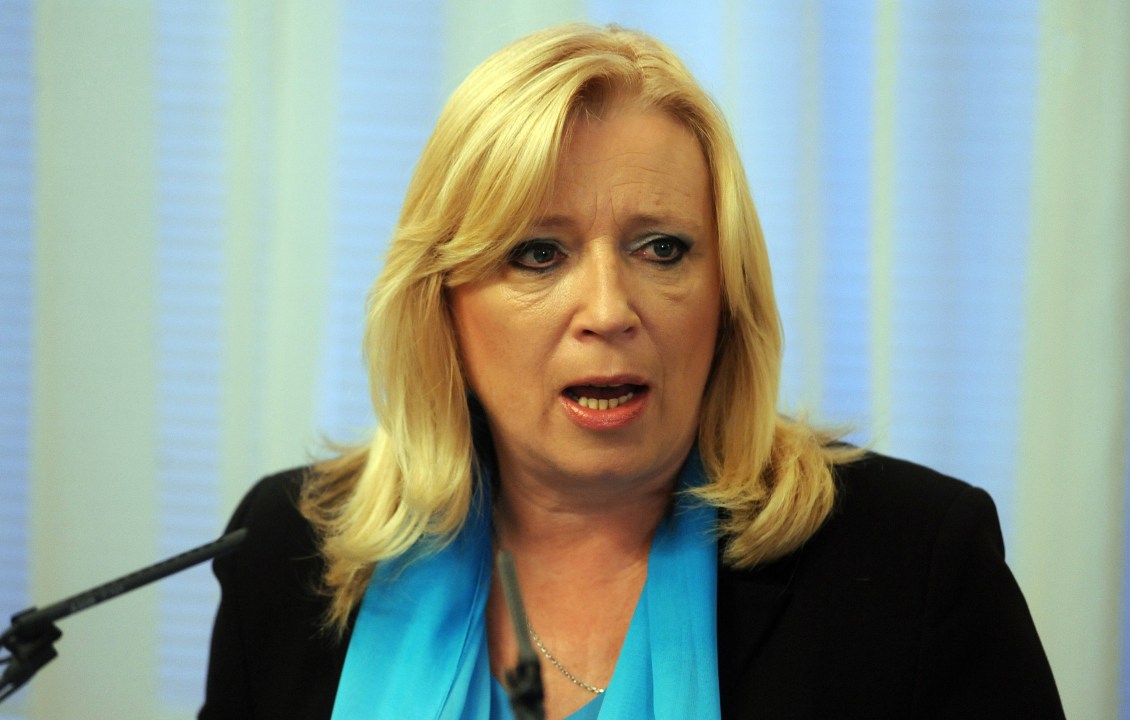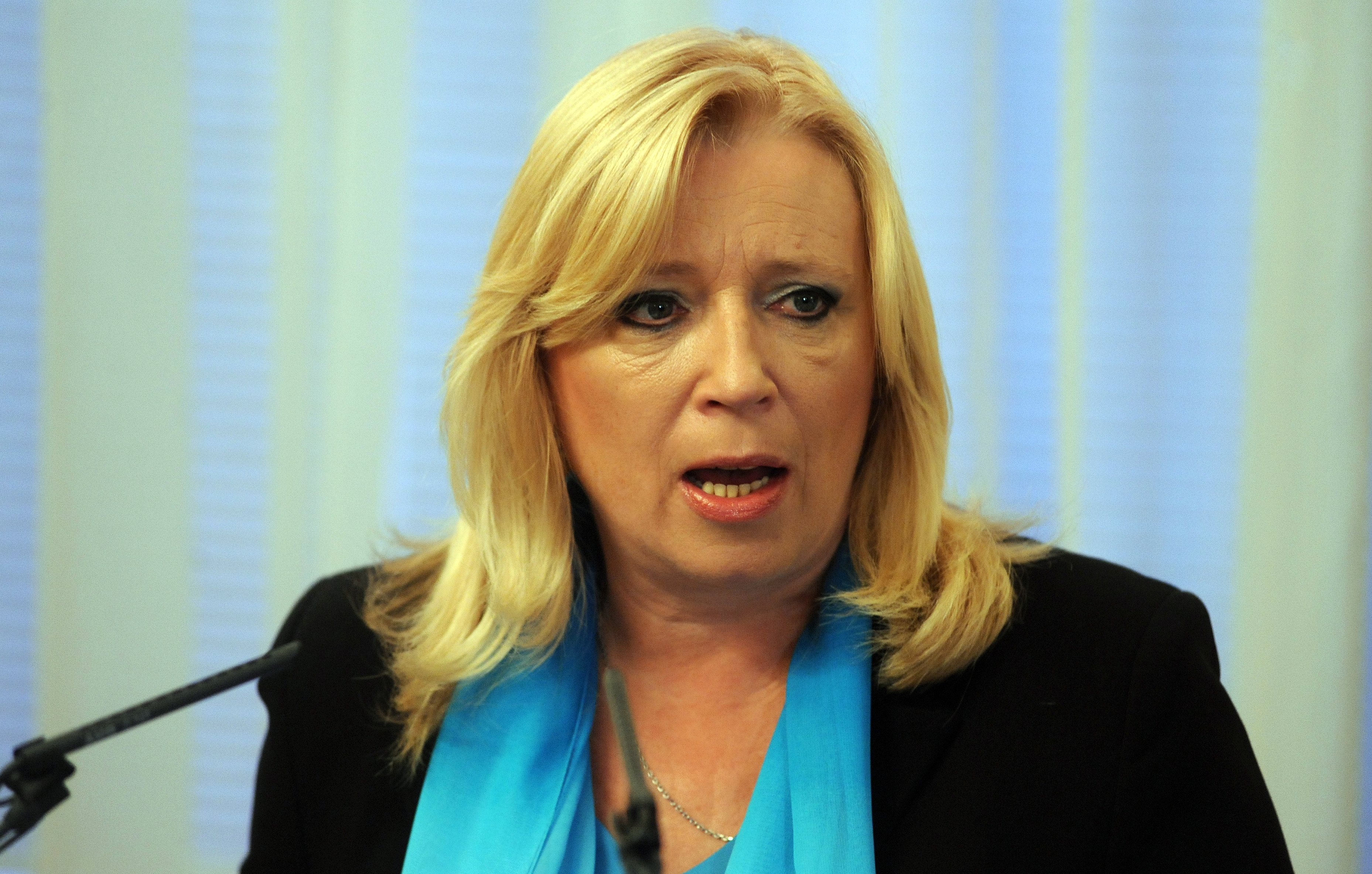 Slovakia is a small country that most people might confuse for Slovenia at a Pub Quiz.
It has been a member of the eurozone for less than three years and represents less than 0.5 per cent of Europe’s GDP. But it is now also one of the greatest problems for the euro, after the
country’s parliament voted tonight to reject an expansion of the European financial stability facility (EFSF). The vote would have allowed the EFSF to lend £385 billion, funds needed to tie
Greece over.
Slovakia is a small country that most people might confuse for Slovenia at a Pub Quiz.
It has been a member of the eurozone for less than three years and represents less than 0.5 per cent of Europe’s GDP. But it is now also one of the greatest problems for the euro, after the
country’s parliament voted tonight to reject an expansion of the European financial stability facility (EFSF). The vote would have allowed the EFSF to lend £385 billion, funds needed to tie
Greece over.
But little Slovakia said “no” to the EFSF expansion: the only country in the eurozone to do so. The Freedom and Solidarity party (SaS), a part of the governing coalition, refuses to support the bail-out fund. They have argued, on principle, that poorer countries like Slovakia shouldn’t bail-out richer ones Greece. They also resent that Greece cooked the books while new EU members like Slovenia were forced to follow a rigourous course of reforms, monitored by the European Commission. Efforts to pressure SaS have led nowhere; the party is, according to Slovak analyst Jana Kobzova, “full of fans of Hayek and the Vienna economic school” as well as being “rich enough not to be open to bribes”. The opposition, meanwhile, has been open about the opportunity it has been afforded to topple the government.
In Slovakia, the no vote will lead to the fall of the government of Iveta Radicova and its likely replacement by a new government led by the centre-left Smer-Social Democracy party, which lost power only a year ago. But even if the opposition were to form a new government or win new elections – and put the EFSF to a new vote – any decision could probably not be taken in time for the EU summit. And that plunges efforts to rescue Greece – and stave off the collapse of the Euro – into further disarray. The tension surrounding the vote has already been felt across Europe, with the euro falling along with the French CAC and London’s FTSE 100.
It may still be possible to get around the Slovakian rejection of the EFSF, but the problems of the euro have been laid bare once again – at a significant cost to ordinary people. And in Slovakia’s leader, Iveta Radicova, the euro crisis has found its first political victim – most likely, the first of many.







Comments